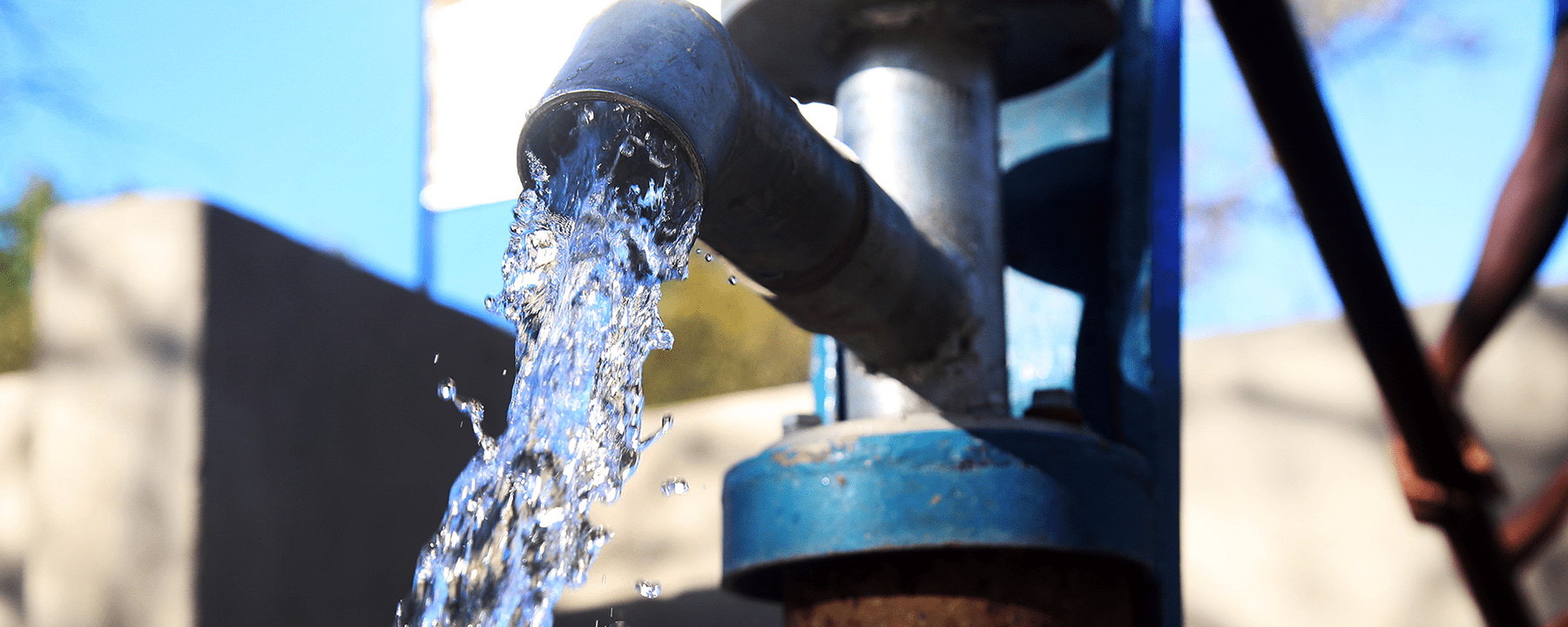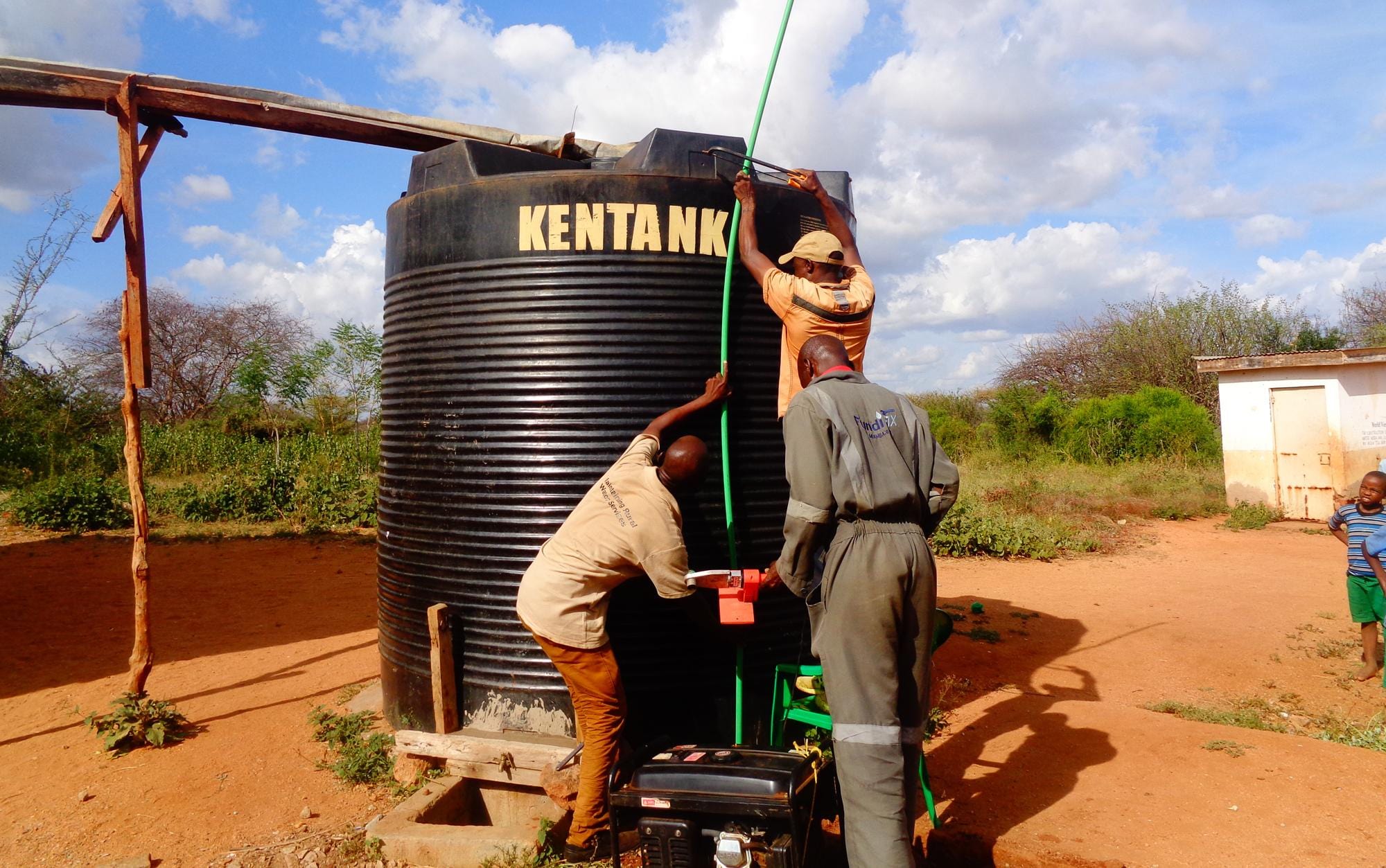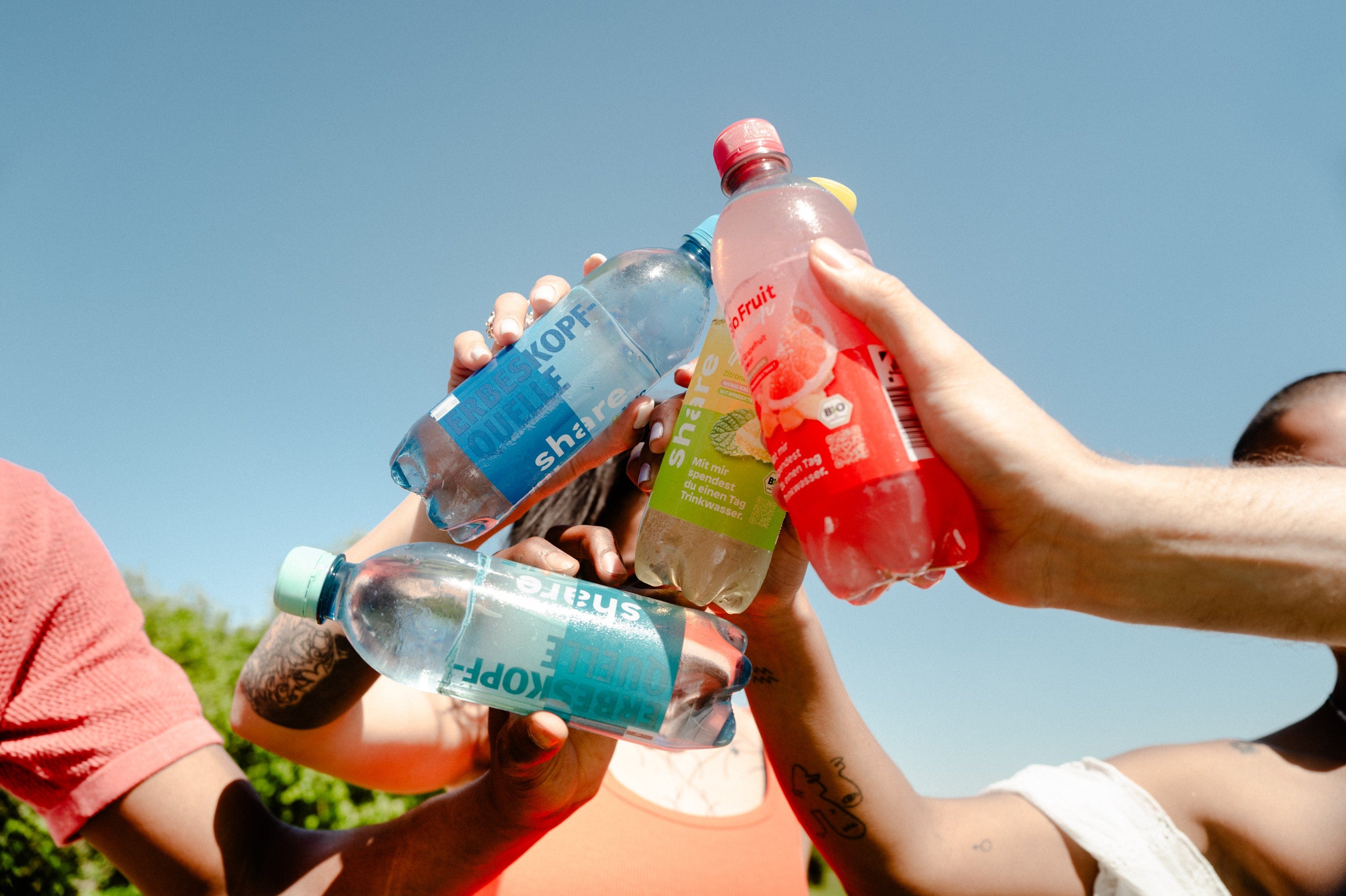Water is a fundamental right that everyone is entitled to. Yet today, one in four people live without safe drinking water. This means that more than 2 billion people worldwide do not have reliable access to sustainable water infrastructure (according to the World Health Organization, WHO, in 2022). The global community has set itself the goal of providing everyone worldwide with access to clean and affordable drinking water by 2030 as part of the Sustainable Development Goals (SDGs). However, the achievement of this goal is at risk and to achieve universal access to safe drinking water by 2030, the pace of progress would need to be six times faster.














